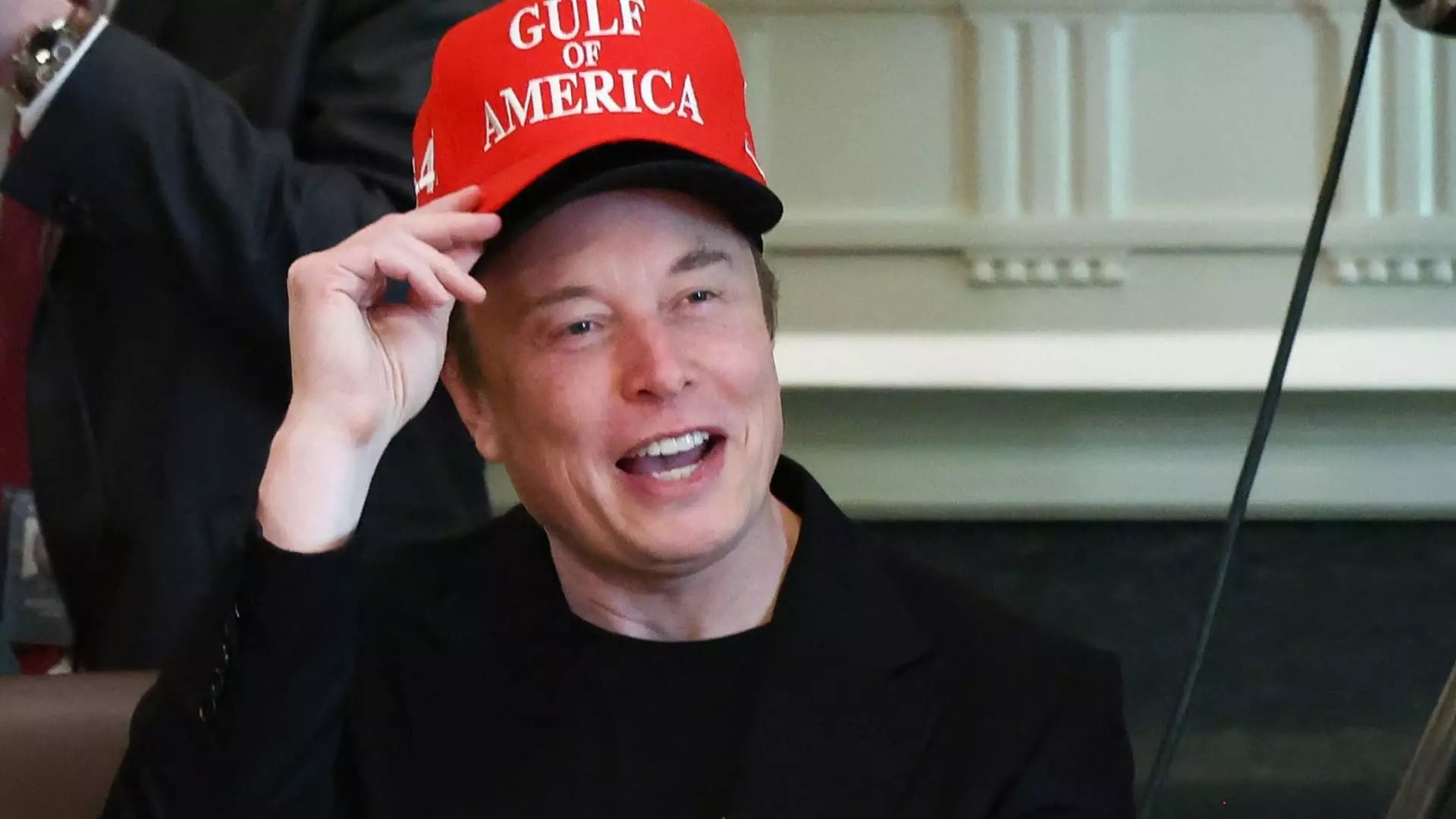Elon Musk’s brief yet impactful involvement in the Trump administration as the head of the Department of Government Efficiency has captured attention not just for its substance, but also for the myriad contradictions inherent in his dual roles as a business icon and public servant. While Musk champions a vision of streamlined government aimed at reducing waste, his critiques of key spending bills suggest a collision course with the very ethos of fiscal conservatism. Musk claimed that certain spending proposals undermine the efficiencies he and his team aim to enact, thus raising the question: can one genuinely foster efficiency while positioned squarely in a system meant to accumulate power and resources?
Musk’s Balancing Act: Business and Government
As the world’s richest person and the face of groundbreaking companies like Tesla and SpaceX, Musk’s aspiration to meld business acumen with governmental responsibility is both compelling and problematic. His statement to maintain a presence in Washington, even as he shifts focus back to his businesses, underscores a tension that exists when commercial interests intermingle with public service. The expectation that a billionaire, whose innovations redefine industries, can clean up governmental inefficiencies is admirable yet raises ethical considerations – should a person be allowed to straddle these worlds, potentially leveraging influence for corporate gain?
Accountability or Allegations: The Price of Public Service
Musk’s tenure has not been without legal repercussions. Various allegations have emerged, outlining the potential violations of federal laws during his time with DOGE, further complicating an already delicate balancing act. The ongoing scrutiny, including a letter from pension fund leaders demanding significant hours from Musk at Tesla in exchange for future compensation, reveals the precarious nature of his commitments. It’s crucial in a free society to hold public figures accountable, but does the expectation for a billionaire to operate around the clock undermine the very spirit of social equity and responsibility?
A New Breed of Public Servant
Musk’s unique blend of entrepreneurial spirit and governmental responsibility symbolizes a shift in how public service is perceived. In an age where traditional politics falters under the burden of inefficiency, Musk represents a new archetype: one that is rooted in innovation and driven by results. Yet, this new breed must grapple with the filtered perception from the public: that someone so significantly detached from the average citizen’s daily struggles cannot be fully trusted to advocate in their best interest. The challenge lies in establishing a trustworthy link between this innovative idealism and the actuality faced by the populace.
The Future of DOGE and Governmental Innovation
As Musk steps back from direct involvement, the future of his DOGE initiative hangs in the balance. He previously described the mission as destined to “become a way of life throughout the government,” a lofty aspiration that depends upon sustained political will and community engagement, both of which can erode in the chaotic aftermath of political shifts. The question that lingers for those invested in government efficiency is whether Musk’s ambitious framework can sustain itself without the guiding hand of its most high-profile advocate. Will the systems remain receptive to innovation, or will they revert to familiar bureaucratic tendencies that stifle change?
In a climate that prides itself on adaptation and technological prowess, it’s essential to contemplate the potential pitfalls that arise when innovation meets traditional governance, especially under the influence of figures like Elon Musk who straddle both worlds.


Leave a Reply